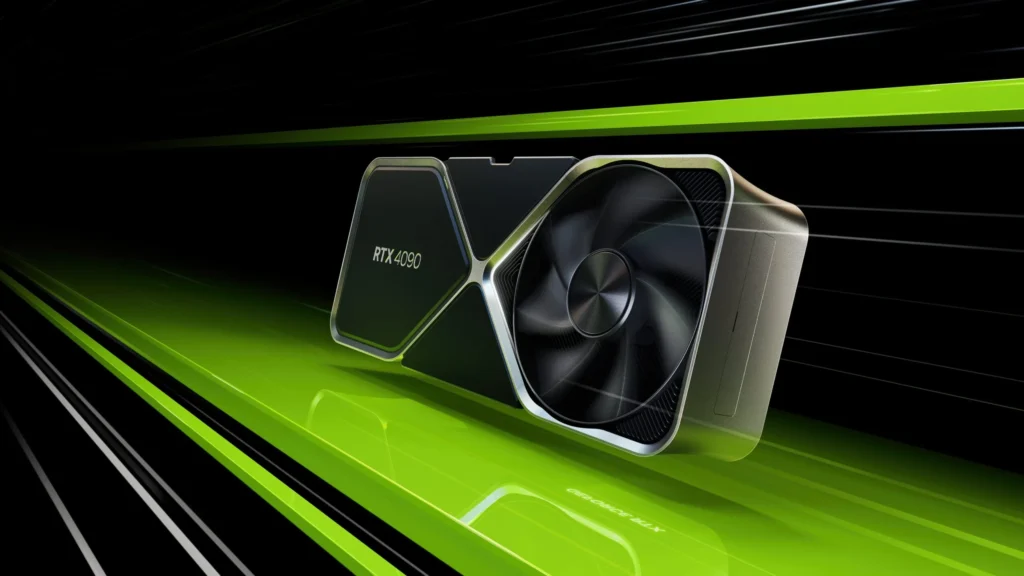
The demand for advanced AI chips will be in the spotlight during Nvidia’s report on February 26, as investors question the significant spending on the company’s products following the introduction of a more affordable alternative from DeepSeek. This is reported by Reuters.
The debut of the R1 model by the Chinese competitor caused the market capitalization of the world’s second most valuable company to plummet by a record $593 billion, amid skepticism regarding the sustainability of Nvidia’s AI chip advantages in the ongoing race.
“If Nvidia demonstrates it can ‘beat market forecasts and raise targets,’ it will be positive for the stock,” said CIO of Spear Invest, Ivana Delevska.
Analysts expect that in the October-December period, the company’s revenue rose by 72% year-over-year, reaching $38.05 billion—its slowest pace in the last seven quarters. By comparison, the previous five quarters showed triple-digit growth.
For the January-March period, the market expects a 60% year-over-year increase.

“Meta, Microsoft, Google, and Amazon’s investment plans in AI chips paint a positive demand outlook for Nvidia,” said portfolio manager John Belton of Gabelli Funds.
Reuters also reminded that with the Blackwell series, the company has started shifting from selling individual chips to complete AI computing systems, complicating production scaling.
Initially, design miscalculations and a higher defect rate hindered implementation, though Nvidia has since addressed these issues.
Reuters recalled Nvidia’s statement about expectations for Blackwell’s revenue to exceed initial projections.
In 2025, Nvidia is set to launch a new generation of compact Jetson Thor computers for humanoids, according to Financial Times.
In December, the company unveiled Jetson Orin Nano Super—the “most affordable supercomputer” with generative AI.








 Cryptol – your source for the latest news on cryptocurrencies, information technology, and decentralized solutions. Stay informed about the latest trends in the digital world.
Cryptol – your source for the latest news on cryptocurrencies, information technology, and decentralized solutions. Stay informed about the latest trends in the digital world.